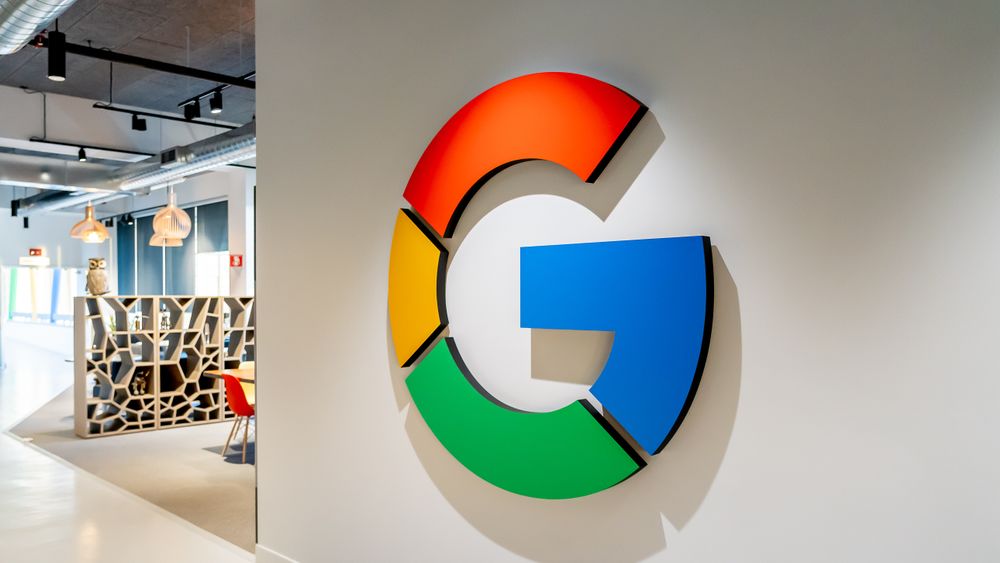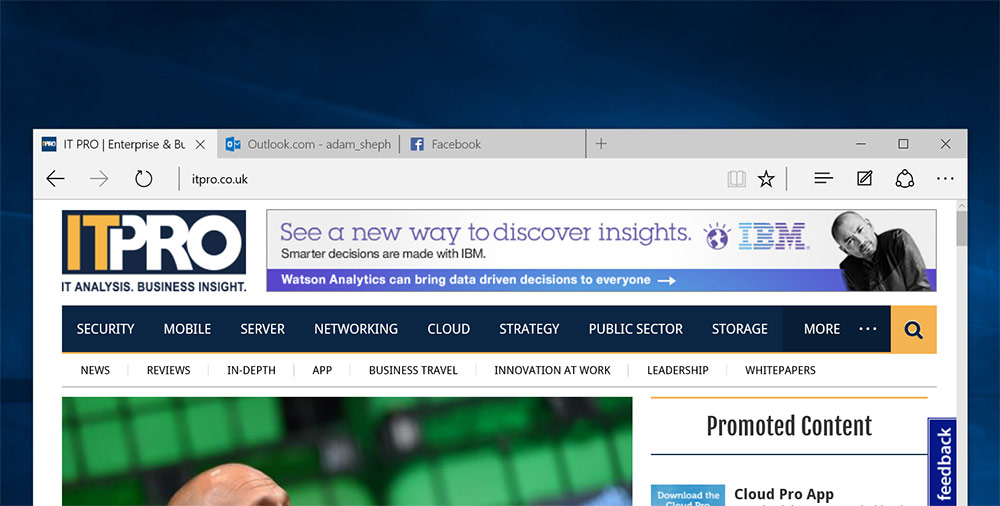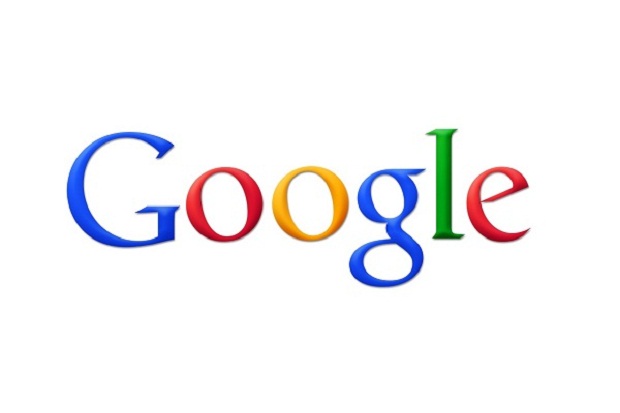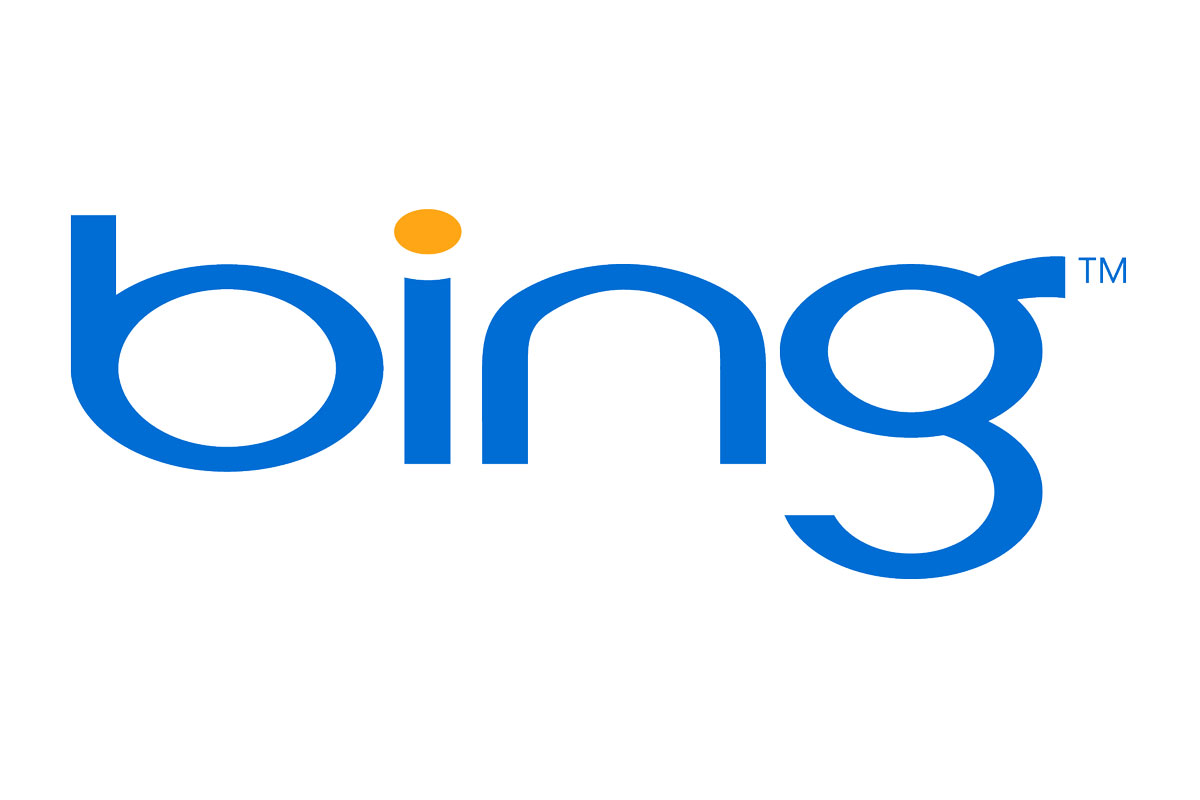Google adds semantic search
Google has added semantic search to its system, in a bid to return more relevant results.

Plagued by an increasing number of people who have discerned how to win favor in its search algorithm's eyes, Google has decided to add semantic searching to the mix.
Semantic search factors in the context of key phrases and associates them to related ideas to return more relevant results. In Google's case, the semantic algorithms generate more useful "related searches" suggestions at the bottom of the results page.
In a blog posting announcing the change, Google noted that if you searched for "principles of physics," the new algorithms understand that related terms such as "angular momentum," "special relativity," "big bang," and "quantum mechanics" may help you find what you need.
"We are now able to target more queries, more languages, and make our suggestions more relevant to what you actually need to know," Google announced in its blog. "Additionally, we're now offering refinements for longer queries something that's usually a challenging task."
The new algorithms now work in 37 different languages.
In addition to the semantic changes, Google is now offering longer snippets of text to show greater context when more than three search terms are entered at once.
The example the blog post gave referred to looking for information about Earth's rotation around the sun, specifically its tilt and distance from the sun. Typing all of that into a search "earth's rotation axis tilt and distance from sun" previously would have returned a jumble of results with little contextual information.
Get the ITPro daily newsletter
Sign up today and you will receive a free copy of our Future Focus 2025 report - the leading guidance on AI, cybersecurity and other IT challenges as per 700+ senior executives
Now, however, Google's results will show enough text from the referenced documents to let a searcher know how and where all of the terms are used without having to click through to each page.
Semantic search is viewed by many experts as the most promising next wave in internet search capabilities. Until the economic downturn began, investors were pouring funding into semantic-focused start-ups hoping to take on the Google leviathan.
Microsoft got in on the semantic action last year when it bought search start-up Powerset, while Mathematica inventor Stephen Wolfram recently announced WolframAlpha to continue developing search algorithms.
Experts said Google's latest changes are based on search technology from Orion, a start-up the company purchased in late 2006.
-
 Google looks to shake up the way the tech industry classifies skin tones
Google looks to shake up the way the tech industry classifies skin tonesNews The tech giant is pursuing better ways to test for racial bias in tech products
By Mike Brassfield
-
 DuckDuckGo vs. Google: Privacy or popularity?
DuckDuckGo vs. Google: Privacy or popularity?Vs Google may reign as king, but it’s not the only option in the world of search
By Sarah Brennan
-
 How to change your search engine in Microsoft Edge
How to change your search engine in Microsoft EdgeTutorials If you'd rather search through Google than Bing, here's how to change your default search provider in Windows 10's new browser
By Adam Shepherd
-
 Google's top 2014 search trends revealed
Google's top 2014 search trends revealedNews Google 2014 trends have been unveiled, and include the year’s biggest sporting events, tech releases, cat stats and more
By Caroline Preece
-
 Google declares Amazon its biggest search rival
Google declares Amazon its biggest search rivalNews Google has dubbed Amazon its biggest rival above other traditional search engine companies
By Caroline Preece
-
 EU demands more concessions from Google over search dominance
EU demands more concessions from Google over search dominanceNews Google gets another chance to end probe
By Rene Millman
-
 Bing's search now includes academic research
Bing's search now includes academic researchNews Scholarly articles will also be featured in Microsoft's Cortana Personal Assistant
By Clare Hopping
-
 UK demands EU drops right to be forgotten law
UK demands EU drops right to be forgotten lawNews The government has asked for the right to be forgotten law to be removed from new European Union data protection laws
By Clare Hopping

